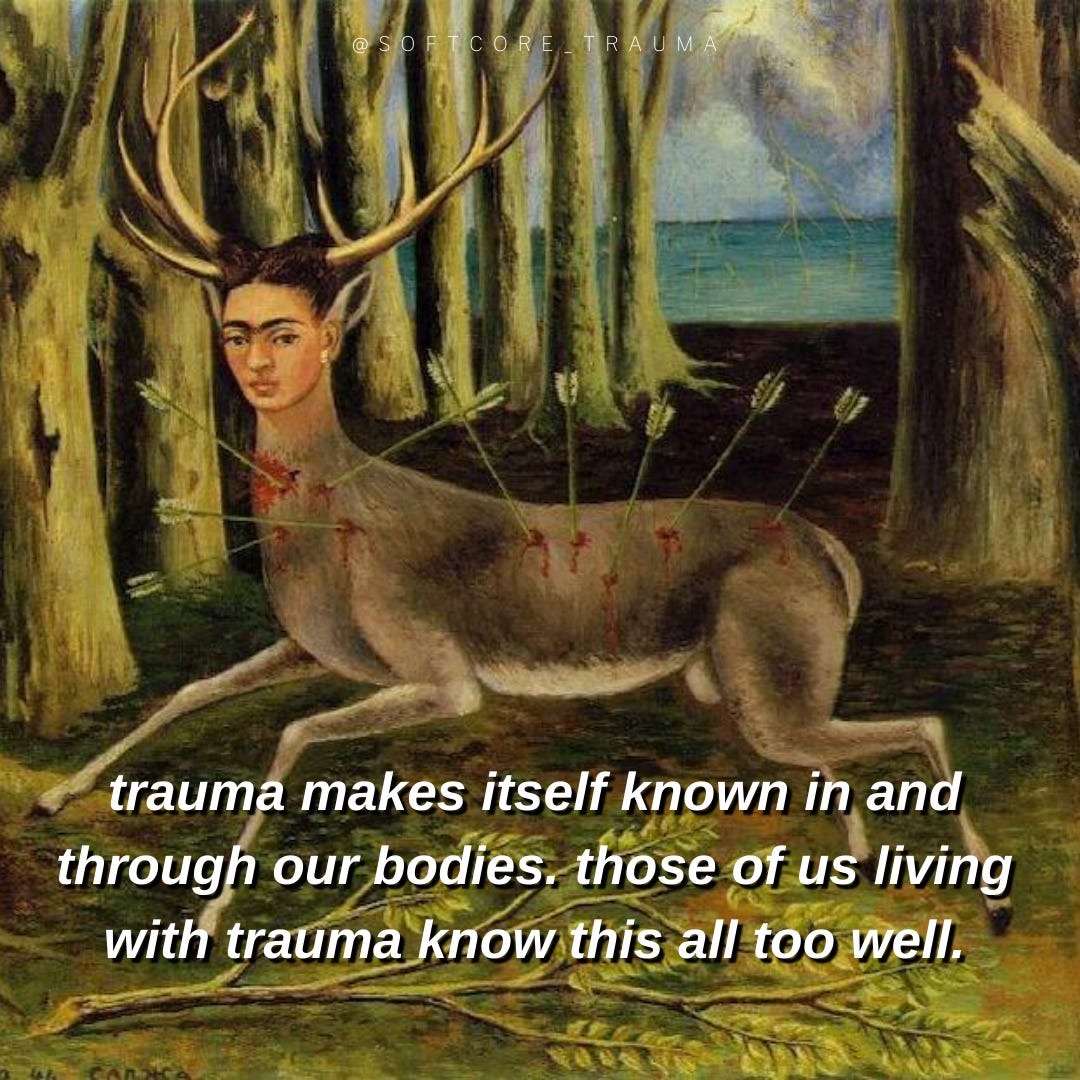
Hello dear ones,
Last week I was looking forward to writing this newslette…
Keep reading with a 7-day free trial
Subscribe to CARESCAPES to keep reading this post and get 7 days of free access to the full post archives.

Hello dear ones,
Last week I was looking forward to writing this newslette…
Subscribe to CARESCAPES to keep reading this post and get 7 days of free access to the full post archives.